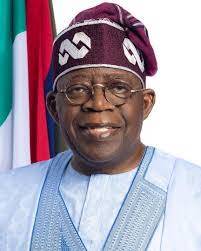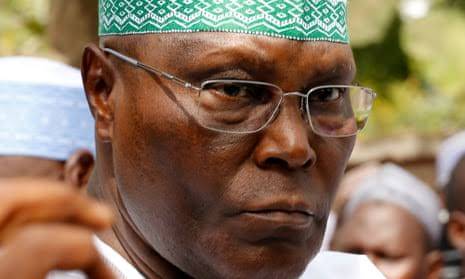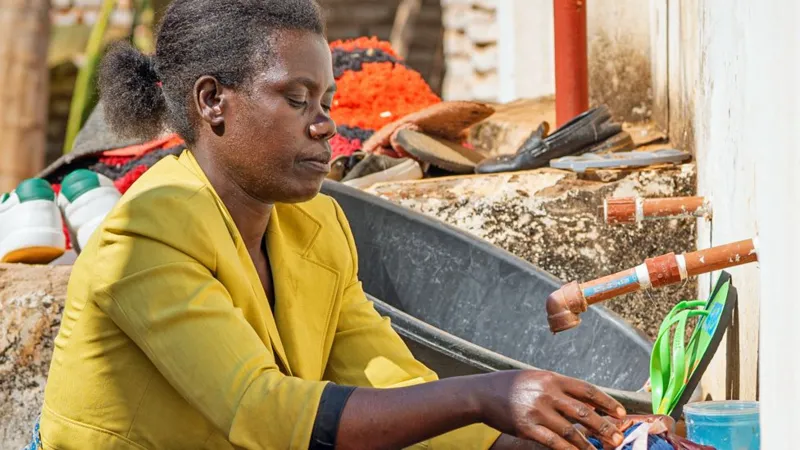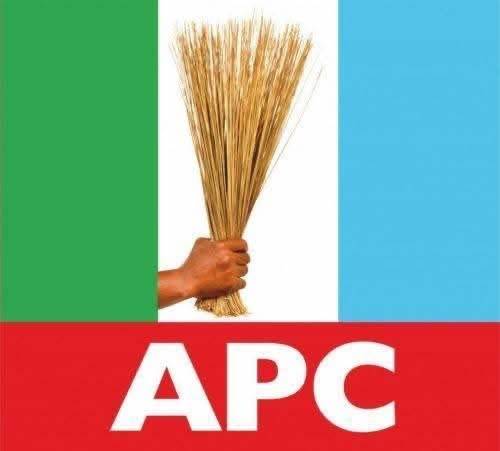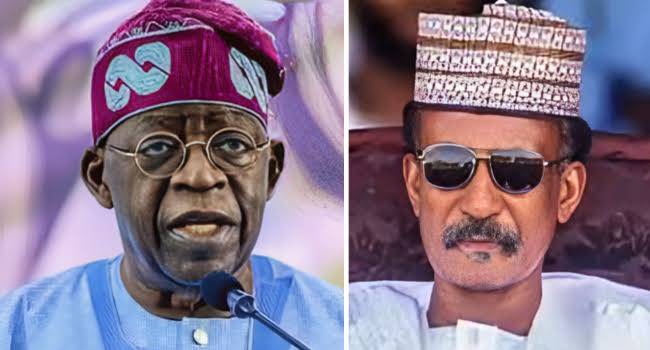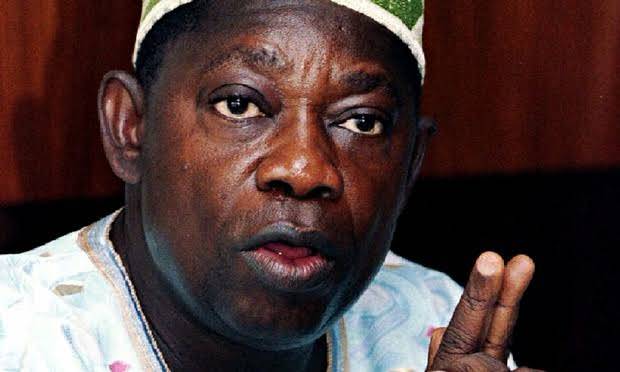To sustain current rising retail investors’ patronage in the stock market, experts have stressed the need for government to promote national savings culture through the provision of appropriate incentives as well as expansion of local institutional investment capacity.
The experts, who spoke in separate interviews with The Guardian, argued that government should seek to moderate the destabilising influence of foreign portfolio investments in the Nigerian capital market by boosting domestic participation.
According to them, with local investment rising from the level it was suppressed to since 2011 to playing a dominant role in the market recently, there is a need to mobilise savings within the country to supplement the foreign investment.
President of Standard Shareholders Association, Godwin Anono, said the absence of national savings has made Nigeria less competitive in the global market.
To achieve the expansion, he said pension fund administrators (PFAs) must play a larger role.
He said the PFAs must participate actively in the formation of the capital market through the purchase of mature bonds and tested companies and invest more money in the stock market.
He also suggested a policy where the interest on the first one million Naira of savings is tax-free, noting that through that, investors are incentivized to put their funds in the savings account.
He pointed out that this was due to the absence of a competitive savings plan that would mop up a larger pool of funds to be deployed to specific sectors for sustainable economic growth.
He expressed worry about the drop in retail investors’ activities, which had dominated the equities market and constituted a large chunk of the total transactions before the global financial crisis.
An independent investor, Amaechi Egbo, said another approach to national savings is the review of the privatisation programme of the Federal Government and the divestment of its holdings in the privatised companies to mobilise funds and encourage the private sector operators to develop the economy while the government provides an enabling environment.
Considering the gap created by foreign investors’ exit from the market, which has remained largely unfilled and continued to suppress transaction volume, there is a need for a competitive savings plan that would mop up a larger pool of funds to be deployed to specific sectors for sustainable economic growth.
He expressed regrets that Nigeria has a federation account where all government revenues are paid and shared among the three tiers of government but there is no provision for savings.
He linked the market growth to improved long-term savings, noting that increased savings would accelerate development and bolster the economy.
He stressed the need to generate more savings within the country through forced or incentivised voluntary measures to substitute foreign capacity
Egbo pointed out that the level of savings in an economy has a multiplier effect on its investment, adding that long-term savings will spur activities in the primary market segment and accelerate economic growth.
He submitted that government must introduce the right incentives to encourage more people to save on a long-term basis to mobilise long-term savings.
According to him, government should seek to moderate the destabilising influence of foreign portfolio investors in the Nigerian capital market by boosting increased domestic participation in the market.
Egbo, argued that there was also a need for a market participant to explore various mechanisms and mobilise savings to boost liquidity in the market.
“There is a need for a proper national savings plan that would enable people to put money aside for investment and be sure they will get some kind of incentive that would make them take up that policy. We don’t have a good savings culture and we need to develop one.”
Local investors accounted for the biggest share of equity transactions on the Nigerian Exchange Group in the first six months of 2021, since 2011.
Local investors, which include institutional and retail investors, accounted for 78.54 percent of equity transactions in the first six months of 2021 while foreign investors accounted for 21.46 percent, according to the Nigerian Exchange Limited (NGX) recently released Fact Sheet.
It is also their lowest participation for foreign investors in Nigerian equities since 2011, as challenges around foreign exchange accessibility dampened their exposure.
Before the Financial global crisis of 2009, Nigerian retail investors had an attraction for equities as very few of them understand debt instruments.
The segment of investors was the driving force of the equities market for several years as a result of their concentration until the global meltdown.
While retail investors dominated the equities market, their financial contributions to the equities market were very significant, causing their aggregate investment sentiments to direct the movement of the market, just as their steady investment stabilises the market and enhances liquidity.
However, retail investors developed apathy toward the Nigerian stock market after the meltdown due to the confidence crisis that rocked the nation’s capital market, coupled with other macroeconomic challenges constituting disincentives to investment.


